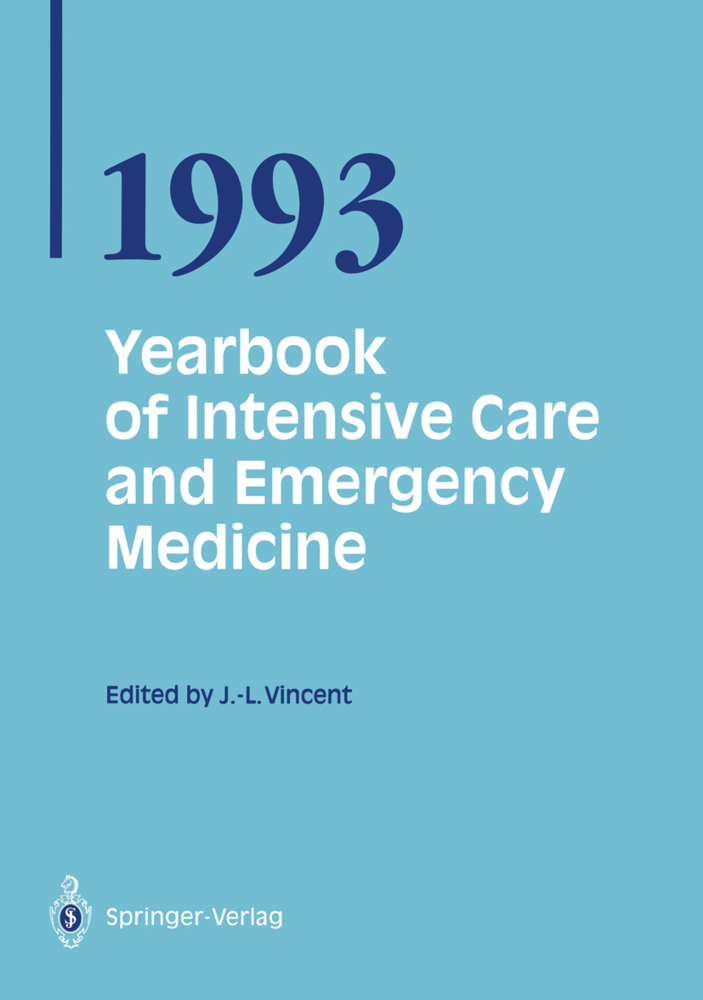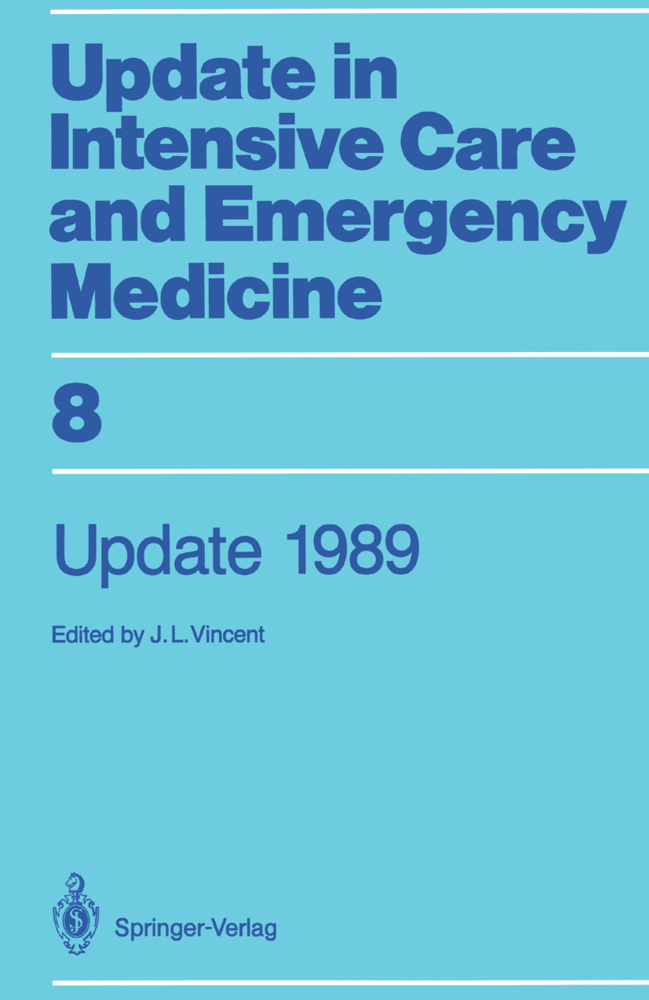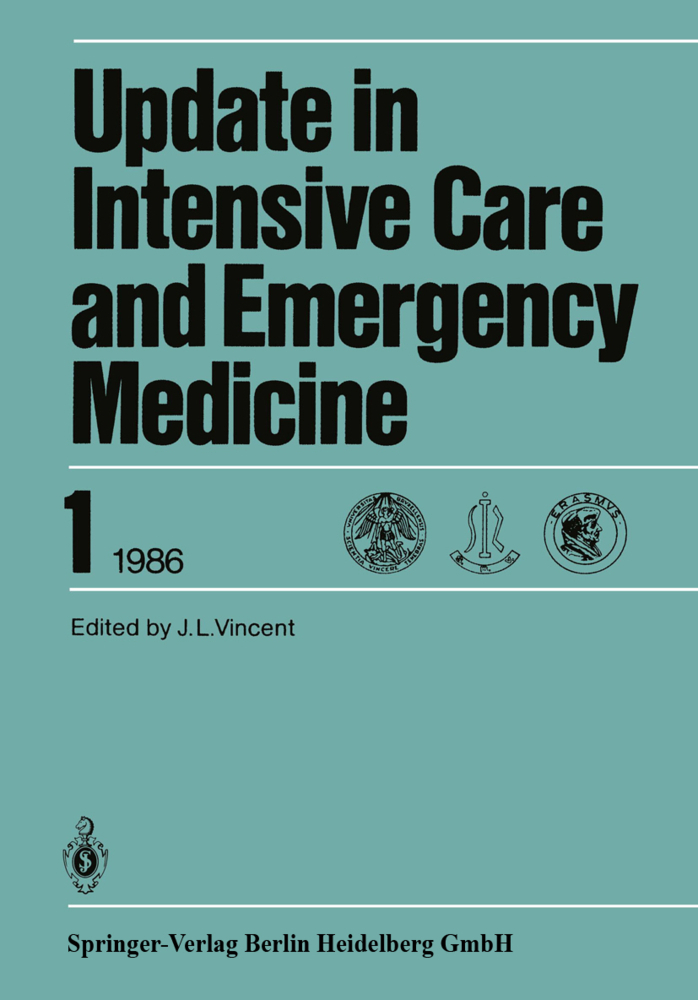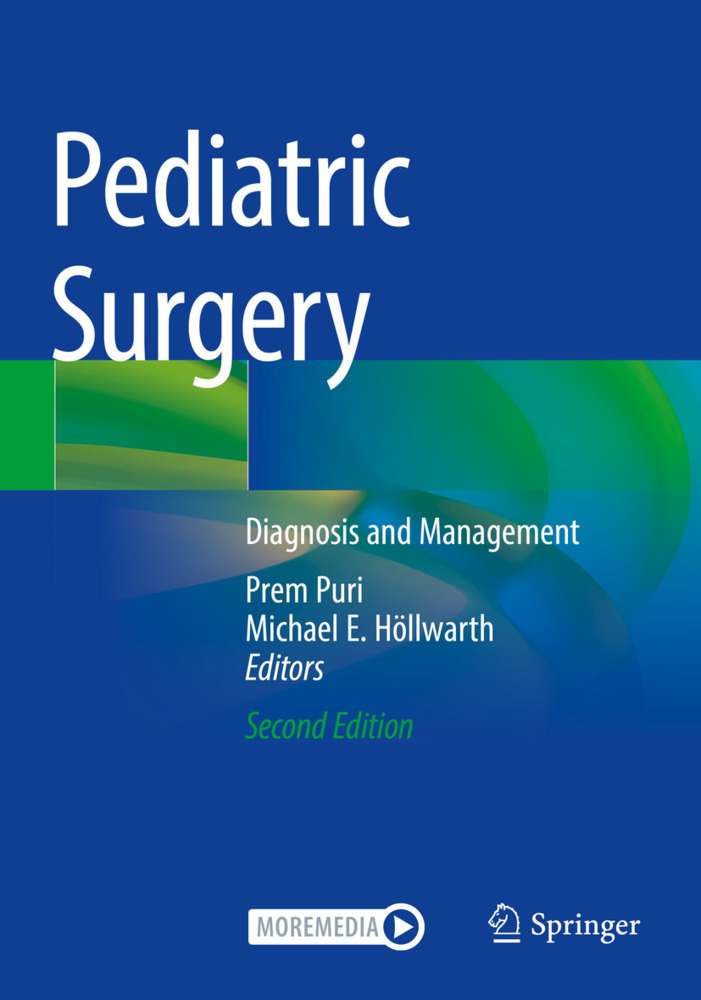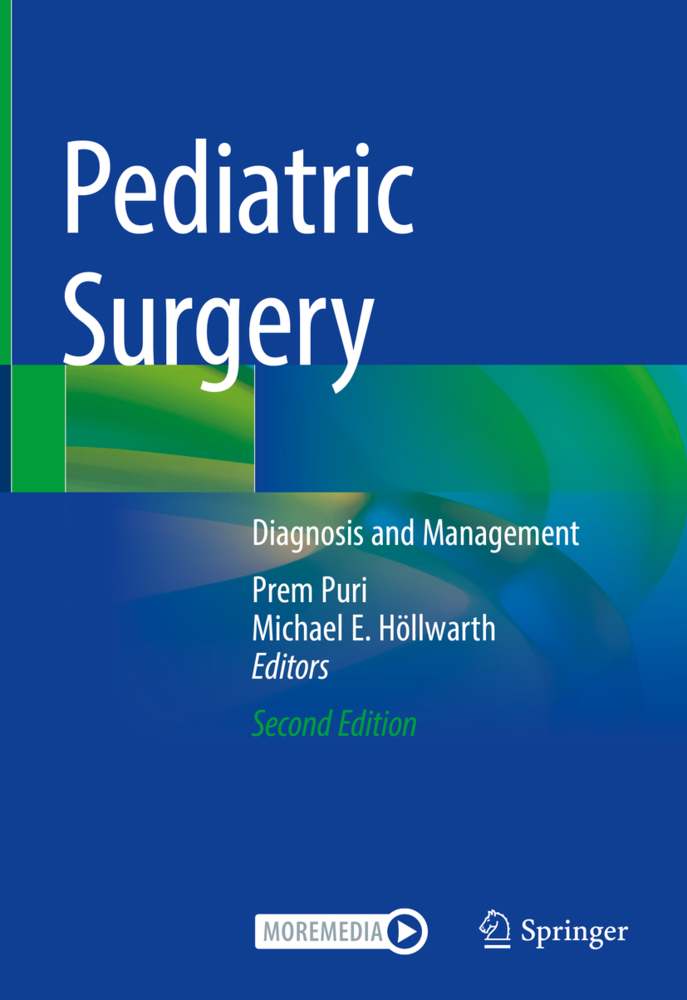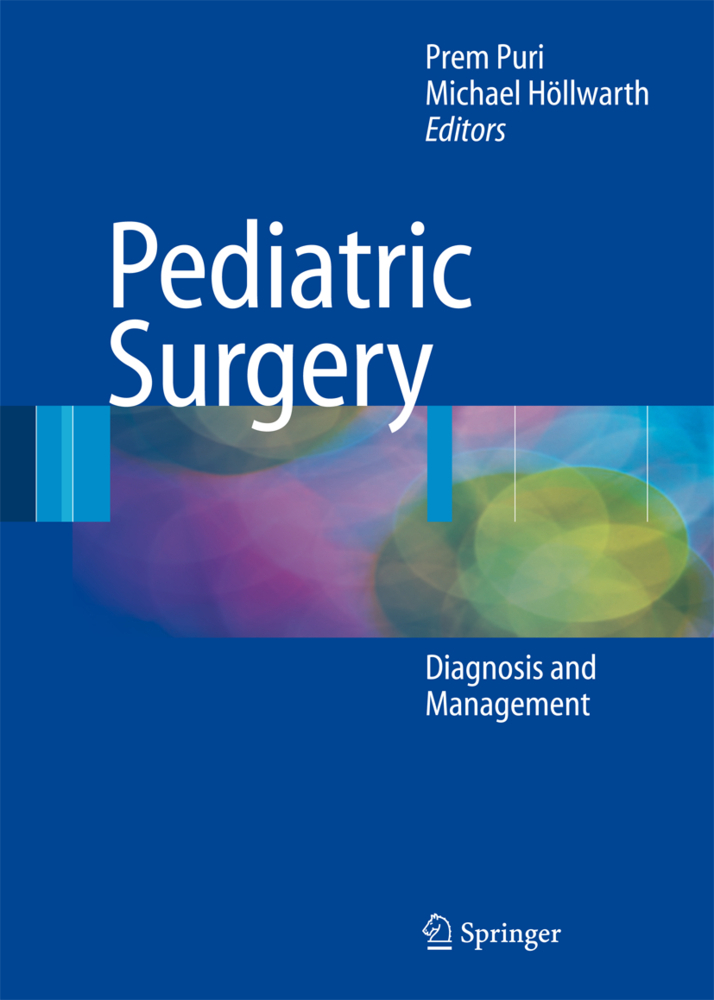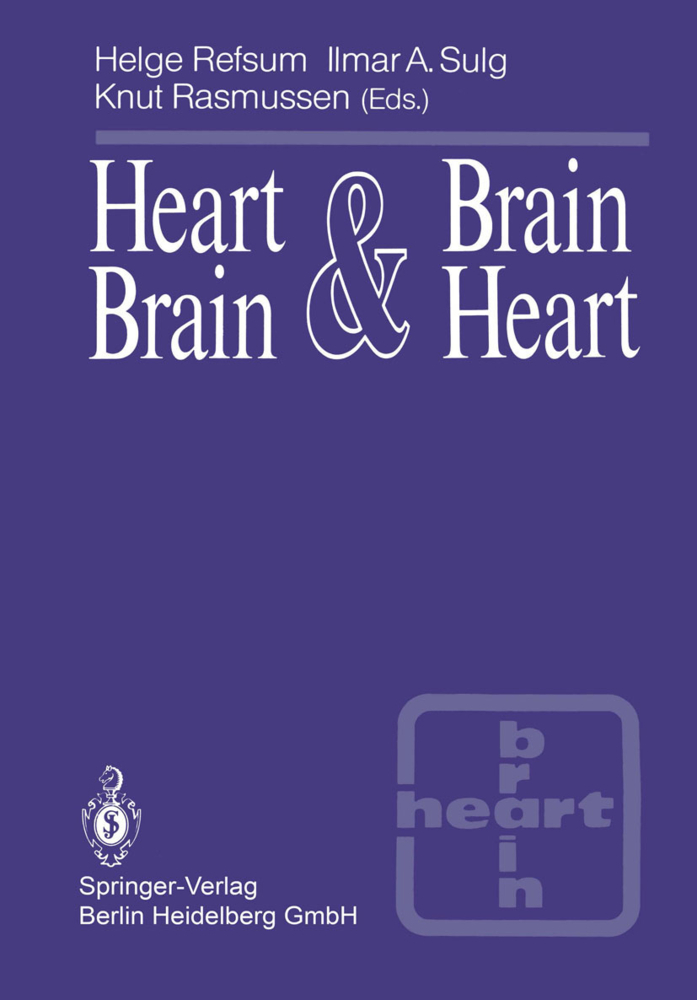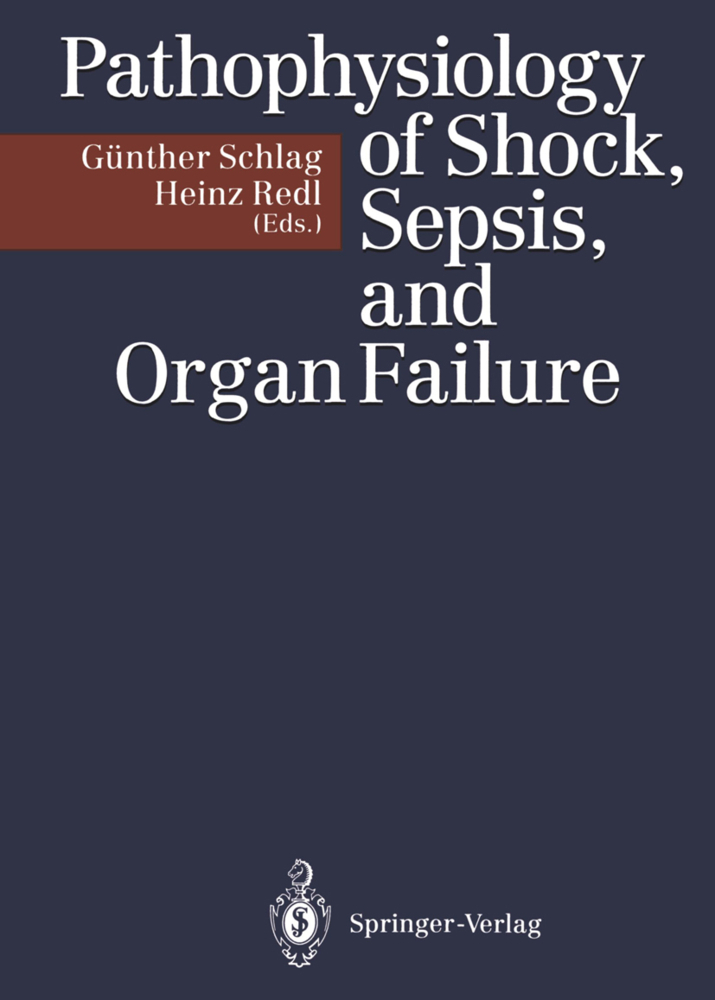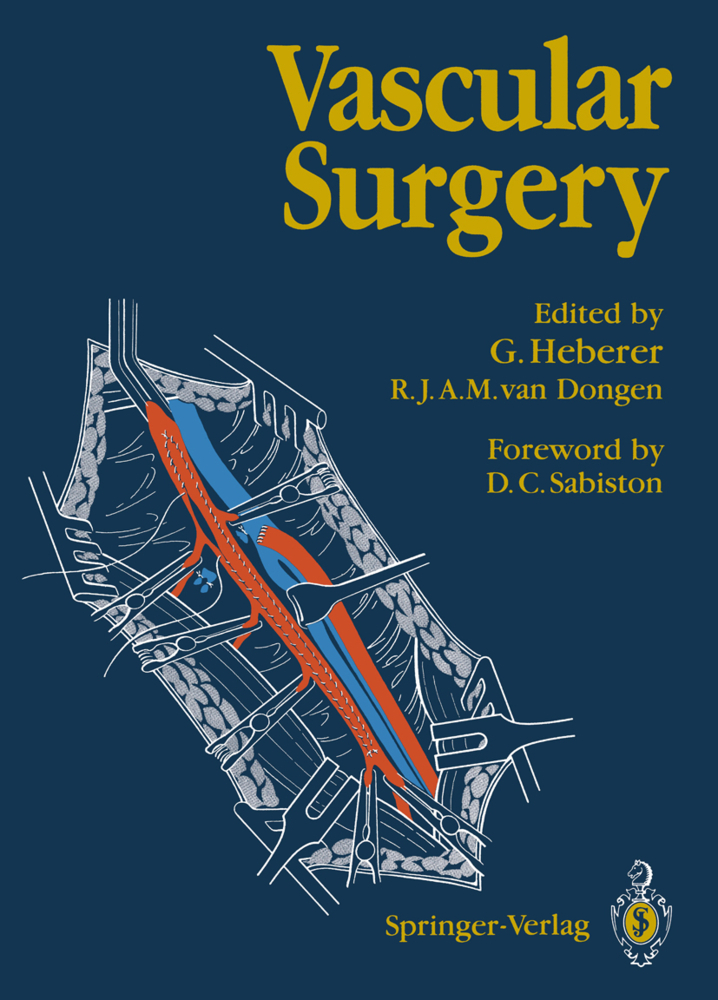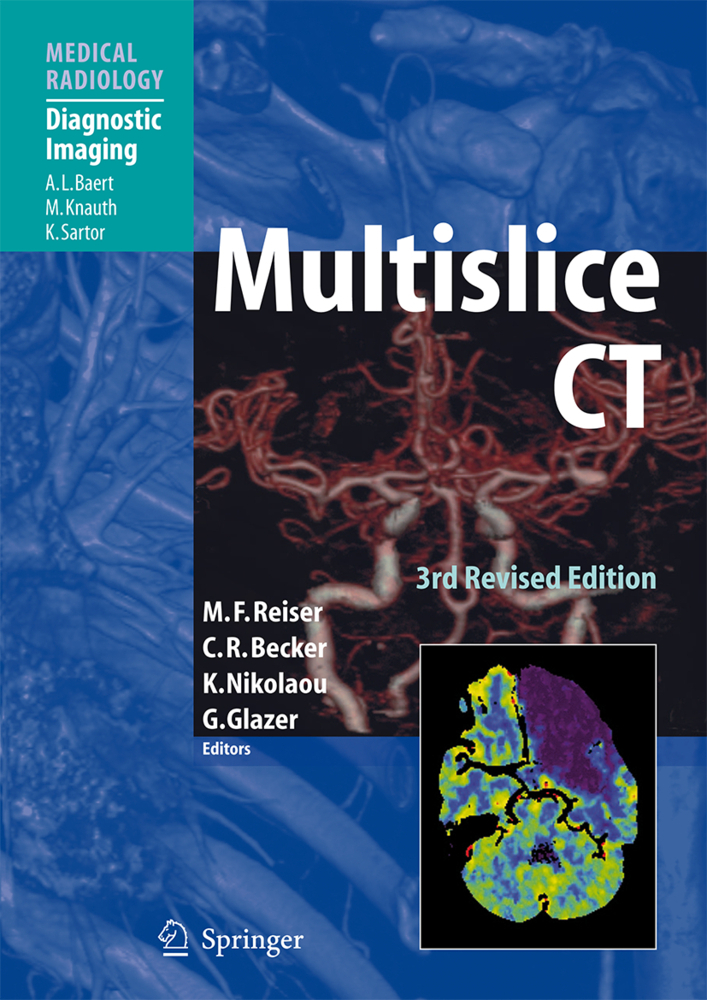Yearbook of Intensive Care and Emergency Medicine 1993
Yearbook of Intensive Care and Emergency Medicine 1993
The Yearbook compiles the most recent, widespreaddevelopments of experimental and clinical research andpractice in one comprehensive reference book. It isaddressed to everyone involved in internal medicine,anesthesia, surgery, pediatrics, intensive care andemergency medicine.
Ischemia-Reperfusion Lung Injury: Repair of Endothelial Damage by Adenosine and cAMP
Changes in Skeletal Muscle Energetics During Sepsis
Effects of Critical Illness on Macrophage T and B Cell Function
Immunological Response to Infection
The Role of Endotoxin in Bacterial Septic Shock
The Importance of Endotoxin in the Development of MOF
Clinical Implications of Antibiotic-Induced Endotoxin Liberation
Tumor Necrosis Factor ?: A Common Mediator of the Spectrum of Diverse Changes in Sepsis
Monoclonal Antibody against TNF: A Non-Antibiotic Strategy for the Treatment of Sepsis
IL-lra as a Therapeutic Modality in Sepsis
Potential Importance of IL-8: A Potent Chemokine in Sepsis
ARDS in MOF
Liver-Lung Interactions in ARDS with MOF
New Ideas in Treatment of ARDS
Growth Factors
Biosynthetic Growth Hormone: Impact on Nitrogen Metabolism and Muscle Function in Stressed Patients
Administration of Human Growth Hormone in Critically Ill Patients
The Use of Recombinant Human Growth Hormone in Burn Patients
The Pathophysiology of Neuromuscular Weakness: Potential of Treatment with Growth Factors
Nutrition
Nutrition in Immune Cells: The Implications for Whole Body Metabolism
Interaction of Tumor Necrosis Factor/Cachectin and Nutrition
Modulation of Cytokine Biology by Dietary Fat
Muscle Protein Synthesis in Critical Illness
The Potential Use of Parenteral Dipeptides in Clinical Nutrition
Gastric Intramucosal pH
Intestinal Permeability and Bacterial Translocation: Their Role in the Development of MOF
Intramucosal pH: What, How, Whom, When and Where?
Nosocomial Pneumonia
Risk Factors for Nosocomial Pneumonia
Selective Digestive Decontamination: ACritical Appraisal
Postoperative Complications
Cardiac Risk in the Noncardiac Surgery Patient
Pancreatic Cellular Injury after Cardiopulmonary Bypass
Renal Support
Recent Advances in Acute Renal Replacement Therapy
Continuous Hemofiltration as Adjunctive Therapy in Septic Shock and MOF: Fact or Fiction?
Pharmacological Interventions
What Changes Drag Metabolism in the Critically Ill?
Calcium, Catecholamine Action, and Cardiovascular Function during Critical Illness
Oxygen Delivery
Issues in Colloid and Transfusion Therapy of Sepsis
Oxygen Delivery and Uptake in Septic Patients
Clinical Controversies Concerning Oxygen Transport Prineiples: More Apparent than Real?
Influence of Right Ventricular Function on Oxygen Delivery in ARDS
Assessment of Systemic and Regional Oxygen Delivery and Consumption
Arterio-Venous CO2 Gradients: Clinical Studies
Cardiopulmonary Resuscitation
Management of Severe Tachyarrhythmias
Blood Flow Mechanisms during Cardiopulmonary Resuscitation
Stress Hormone Release during Cardiac Arrest and Cardiopulmonary Resuscitation
Pulmonary Hypertension
Modulation of Pulmonary Vascular Tone by Nitric Oxide in Health and Disease
Effects of Inhaled Nitric Oxide on the Pulmonary Circulation and Airway Tone
Pulmonary Hypertension in Heart Failure: Effects of Heart Transplantation
Ventilatory Support
Mechanical Ventilation in Acute Neuromuscular Disorders
Closed-loop Control in Mechanical Ventilation
The Oxygen Cost of Breathing during Weaning from Mechanical Ventilation
BIPAP, APRV, IMPRV: Methodological Concept and Clinical Impact
Sedation
Sympathetic Hyperactivity Syndromes in Ventilated Patients
Pediatrics
Congenital Diaphragmatic Hernia: A Continuing Challenge for Pediatric Surgeons and Neonatologists
Brain Injury
Severe Head Injury: What about Outcome?
Pathophysiology, Monitoring, and Treatment of Severe Head Injury
Fluid Administration in Severe Head Trauma Patients
Endocrine Response after Brain Injury
The Value of Hemodynamic Measurements in the Early Stage of Subarachnoid Hemorrhage
Trauma
Assessment of Severe Blunt Thoracic Trauma
Lung Vascular Permeability Change
Acute Response to Injury
Hormone and Cytokine Regulation of Injury MetabolismIschemia-Reperfusion Lung Injury: Repair of Endothelial Damage by Adenosine and cAMP
Changes in Skeletal Muscle Energetics During Sepsis
Effects of Critical Illness on Macrophage T and B Cell Function
Immunological Response to Infection
The Role of Endotoxin in Bacterial Septic Shock
The Importance of Endotoxin in the Development of MOF
Clinical Implications of Antibiotic-Induced Endotoxin Liberation
Tumor Necrosis Factor ?: A Common Mediator of the Spectrum of Diverse Changes in Sepsis
Monoclonal Antibody against TNF: A Non-Antibiotic Strategy for the Treatment of Sepsis
IL-lra as a Therapeutic Modality in Sepsis
Potential Importance of IL-8: A Potent Chemokine in Sepsis
ARDS in MOF
Liver-Lung Interactions in ARDS with MOF
New Ideas in Treatment of ARDS
Growth Factors
Biosynthetic Growth Hormone: Impact on Nitrogen Metabolism and Muscle Function in Stressed Patients
Administration of Human Growth Hormone in Critically Ill Patients
The Use of Recombinant Human Growth Hormone in Burn Patients
The Pathophysiology of Neuromuscular Weakness: Potential of Treatment with Growth Factors
Nutrition
Nutrition in Immune Cells: The Implications for Whole Body Metabolism
Interaction of Tumor Necrosis Factor/Cachectin and Nutrition
Modulation of Cytokine Biology by Dietary Fat
Muscle Protein Synthesis in Critical Illness
The Potential Use of Parenteral Dipeptides in Clinical Nutrition
Gastric Intramucosal pH
Intestinal Permeability and Bacterial Translocation: Their Role in the Development of MOF
Intramucosal pH: What, How, Whom, When and Where?
Nosocomial Pneumonia
Risk Factors for Nosocomial Pneumonia
Selective Digestive Decontamination: ACritical Appraisal
Postoperative Complications
Cardiac Risk in the Noncardiac Surgery Patient
Pancreatic Cellular Injury after Cardiopulmonary Bypass
Renal Support
Recent Advances in Acute Renal Replacement Therapy
Continuous Hemofiltration as Adjunctive Therapy in Septic Shock and MOF: Fact or Fiction?
Pharmacological Interventions
What Changes Drag Metabolism in the Critically Ill?
Calcium, Catecholamine Action, and Cardiovascular Function during Critical Illness
Oxygen Delivery
Issues in Colloid and Transfusion Therapy of Sepsis
Oxygen Delivery and Uptake in Septic Patients
Clinical Controversies Concerning Oxygen Transport Prineiples: More Apparent than Real?
Influence of Right Ventricular Function on Oxygen Delivery in ARDS
Assessment of Systemic and Regional Oxygen Delivery and Consumption
Arterio-Venous CO2 Gradients: Clinical Studies
Cardiopulmonary Resuscitation
Management of Severe Tachyarrhythmias
Blood Flow Mechanisms during Cardiopulmonary Resuscitation
Stress Hormone Release during Cardiac Arrest and Cardiopulmonary Resuscitation
Pulmonary Hypertension
Modulation of Pulmonary Vascular Tone by Nitric Oxide in Health and Disease
Effects of Inhaled Nitric Oxide on the Pulmonary Circulation and Airway Tone
Pulmonary Hypertension in Heart Failure: Effects of Heart Transplantation
Ventilatory Support
Mechanical Ventilation in Acute Neuromuscular Disorders
Closed-loop Control in Mechanical Ventilation
The Oxygen Cost of Breathing during Weaning from Mechanical Ventilation
BIPAP, APRV, IMPRV: Methodological Concept and Clinical Impact
Sedation
Sympathetic Hyperactivity Syndromes in Ventilated Patients
Pediatrics
Congenital Diaphragmatic Hernia: A Continuing Challenge for Pediatric Surgeons and Neonatologists
Brain Injury
Severe Head Injury: What about Outcome?
Pathophysiology, Monitoring, and Treatment of Severe Head Injury
Fluid Administration in Severe Head Trauma Patients
Endocrine Response after Brain Injury
The Value of Hemodynamic Measurements in the Early Stage of Subarachnoid Hemorrhage
Trauma
Assessment of Severe Blunt Thoracic Trauma
Lung Vascular Permeability Change
Vincent, Jean-Louis
| ISBN | 978-3-540-56463-8 |
|---|---|
| Medientyp | Buch |
| Copyrightjahr | 1993 |
| Verlag | Springer, Berlin |
| Umfang | XVIII, 691 Seiten |
| Sprache | Englisch |

